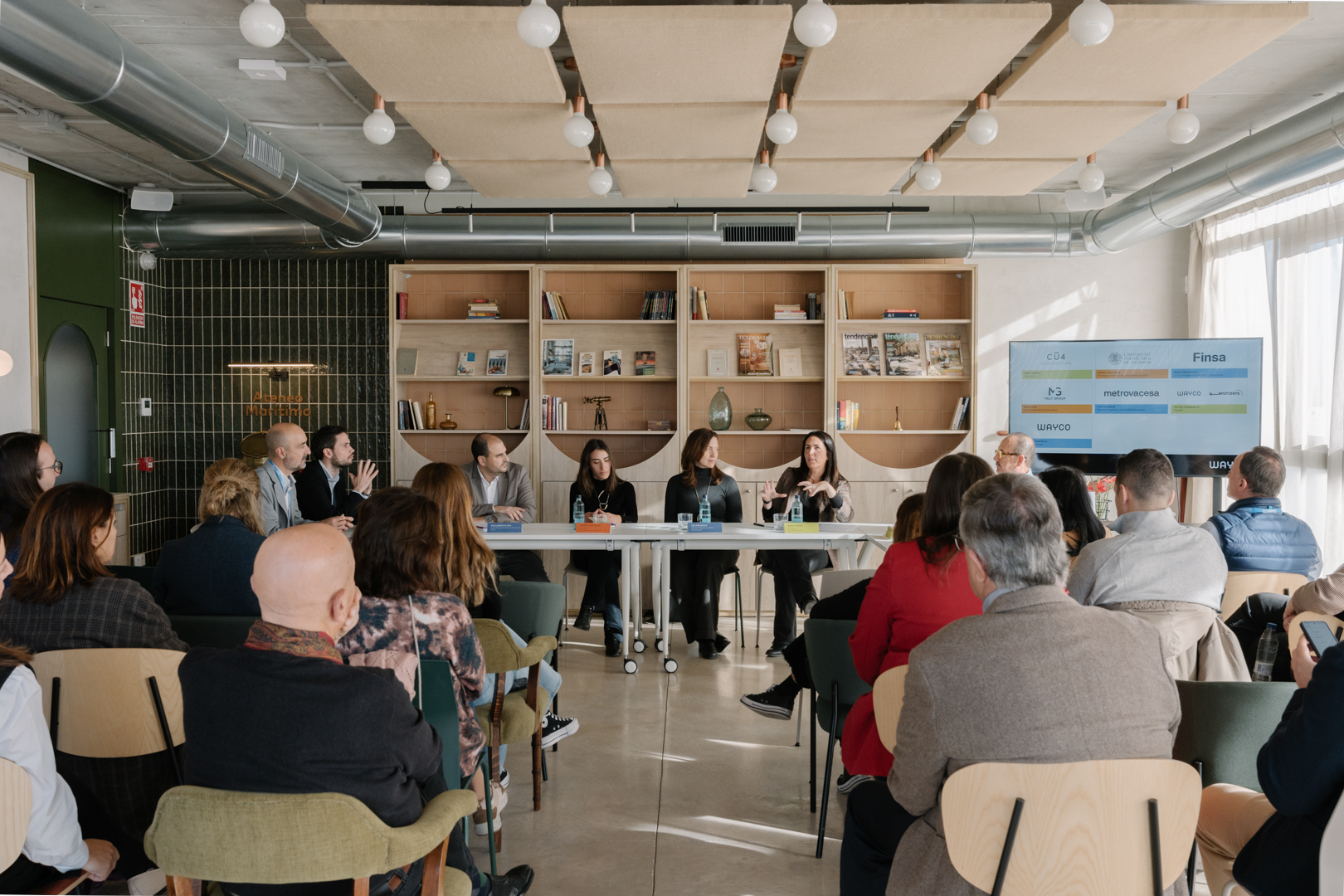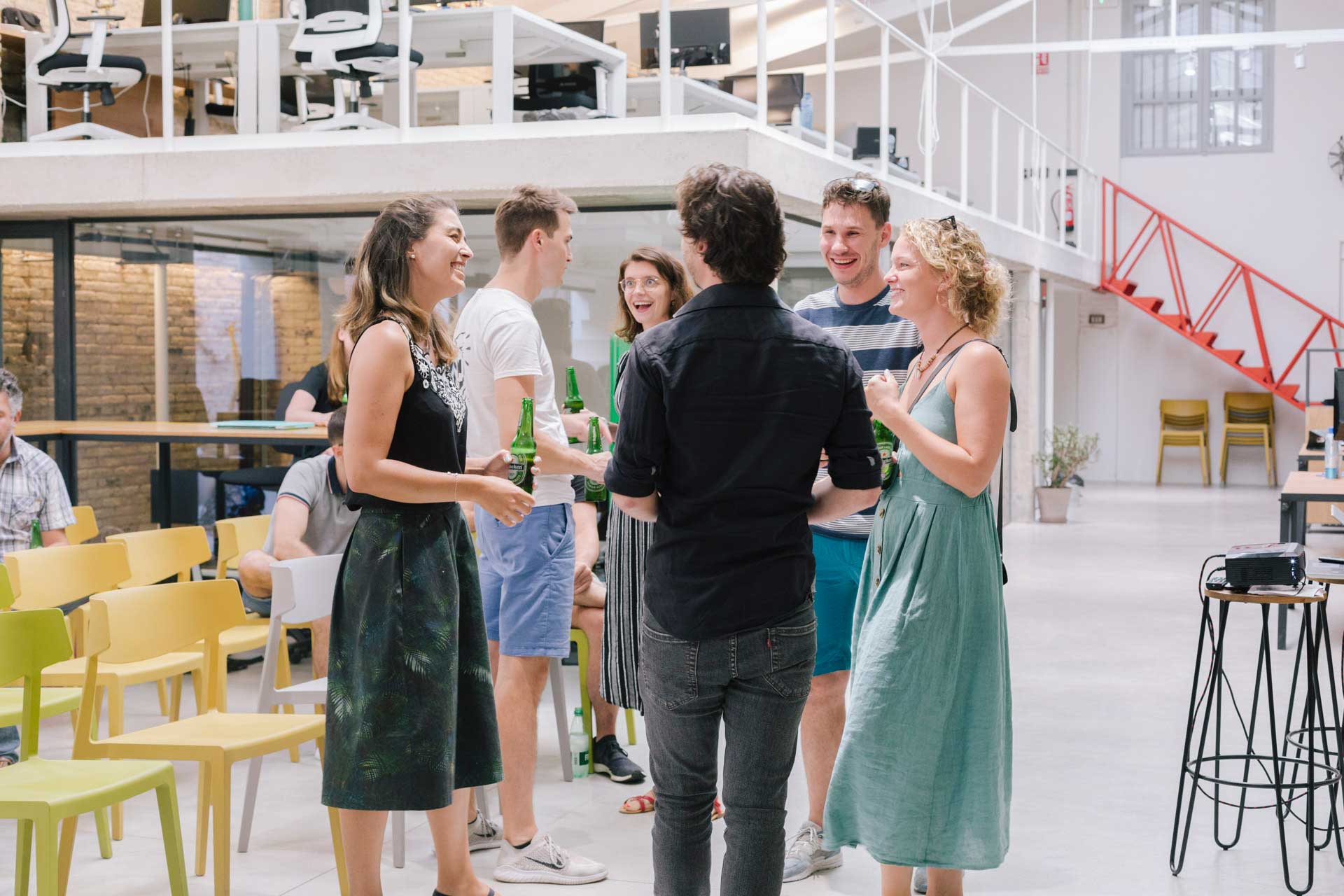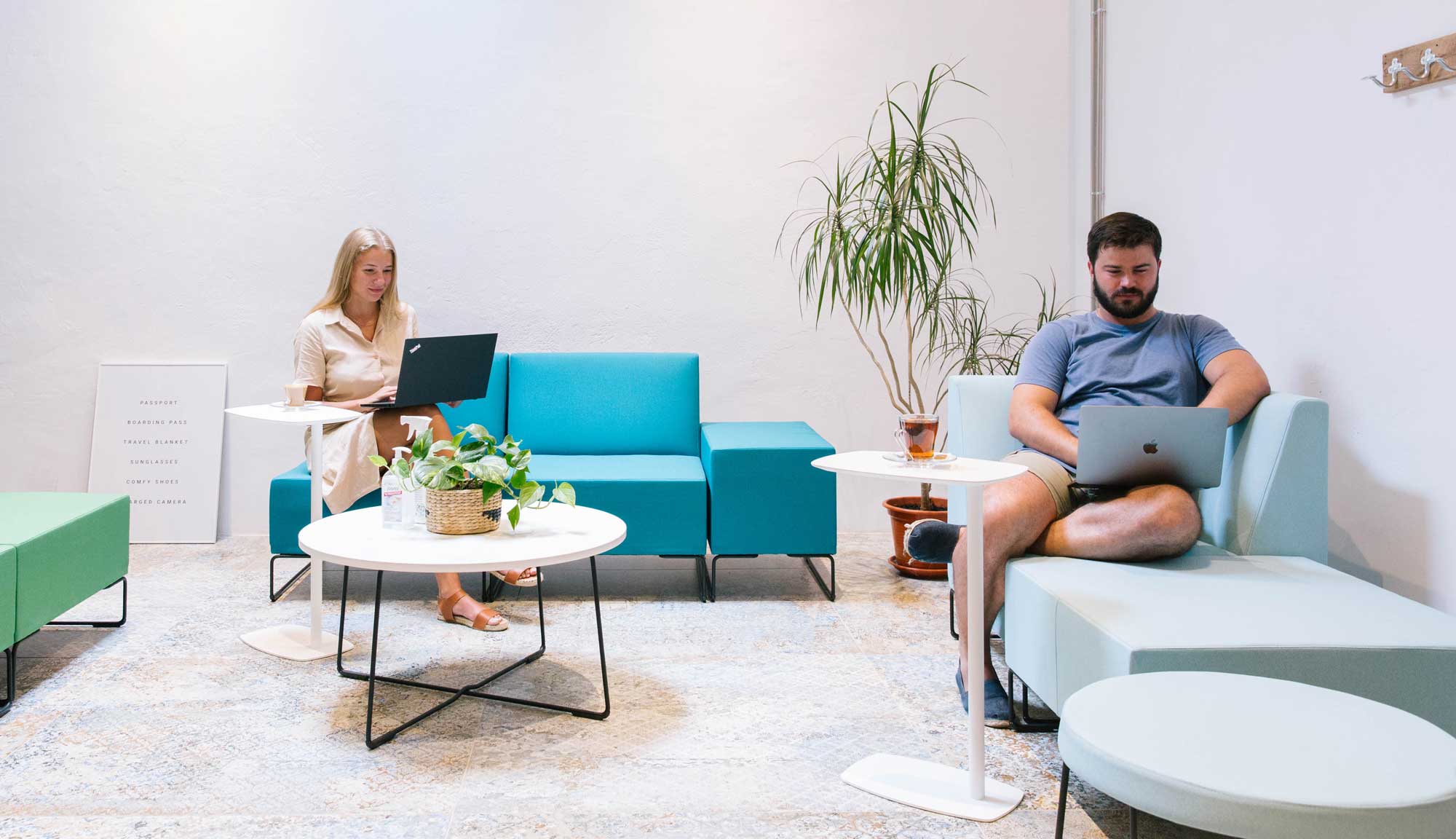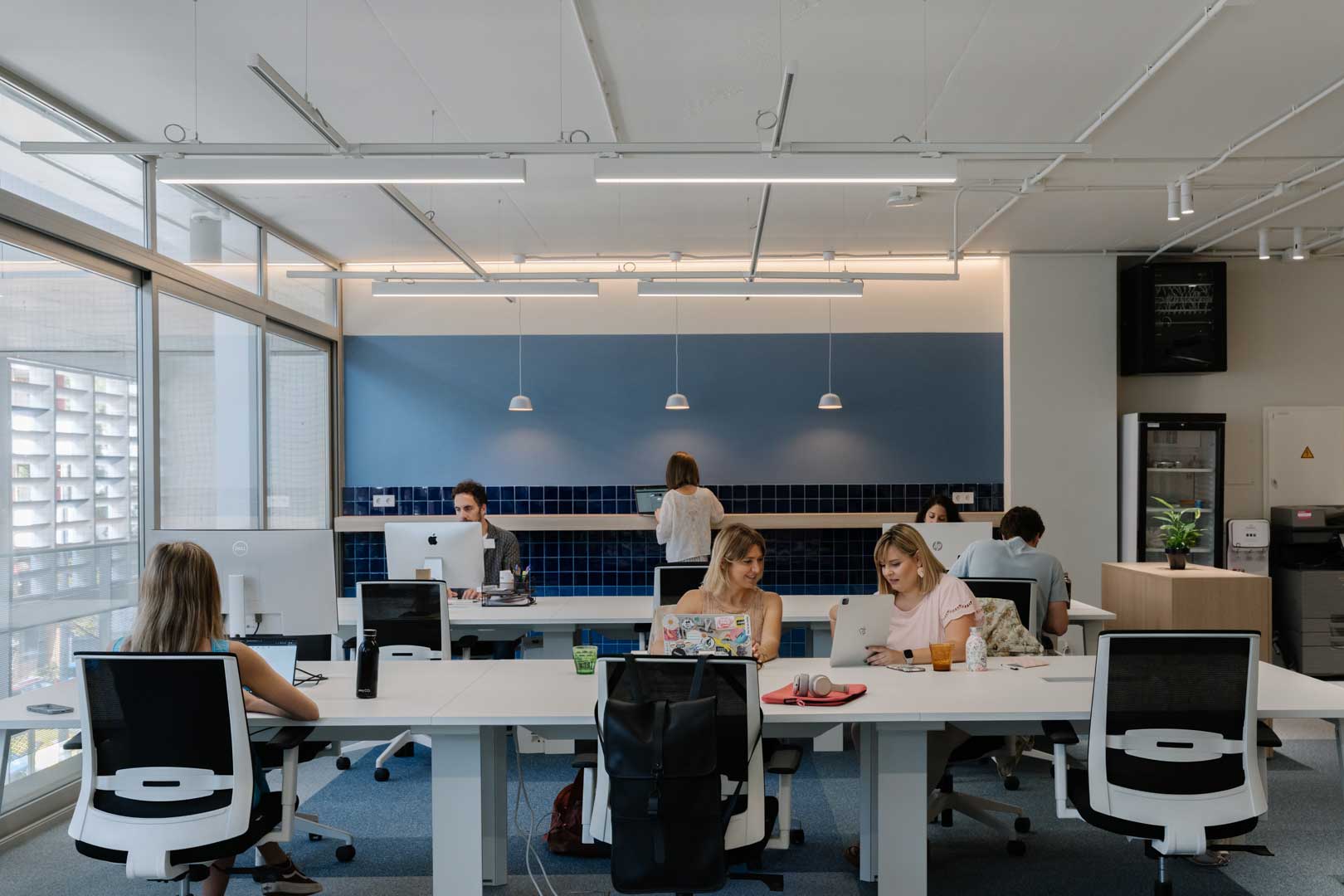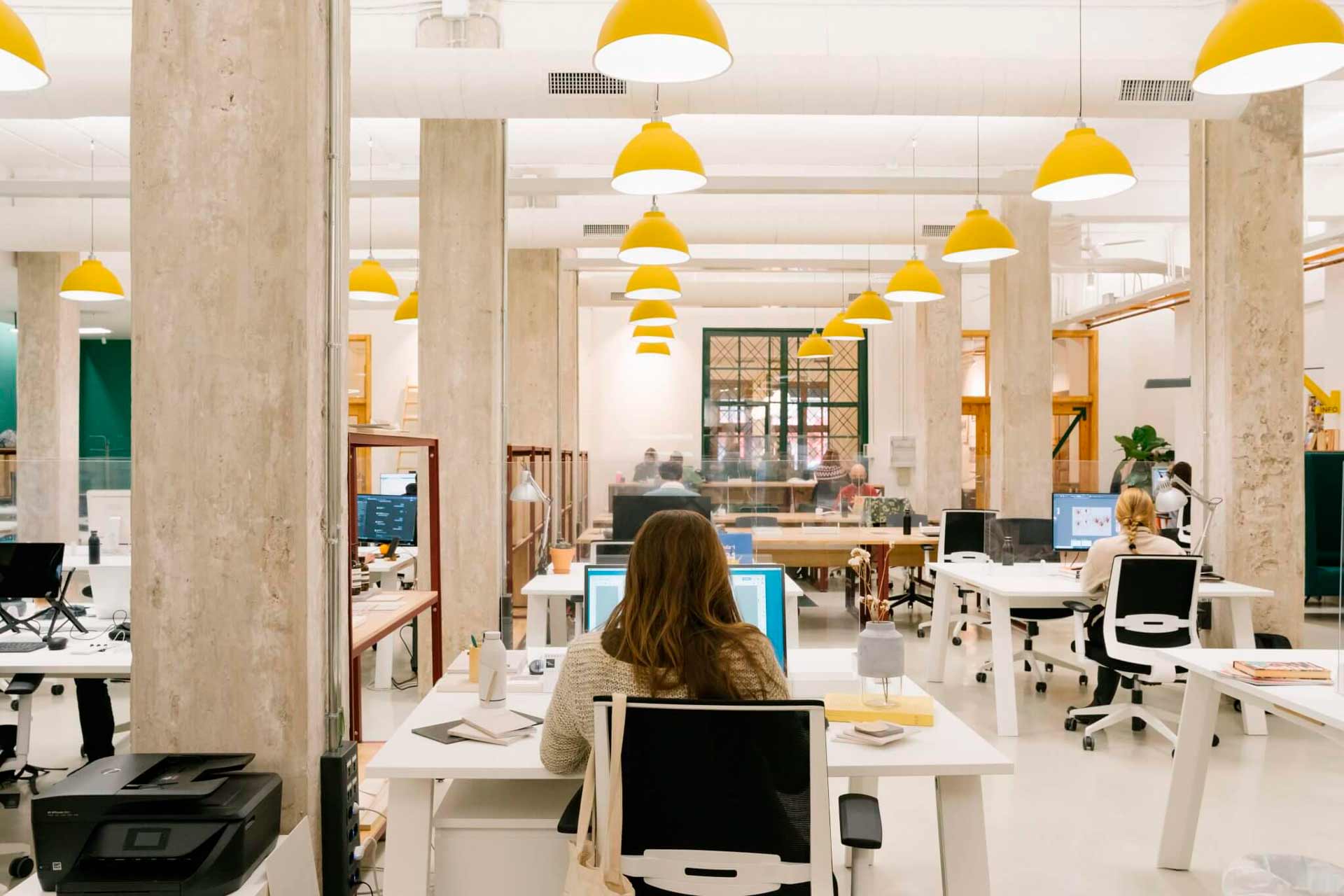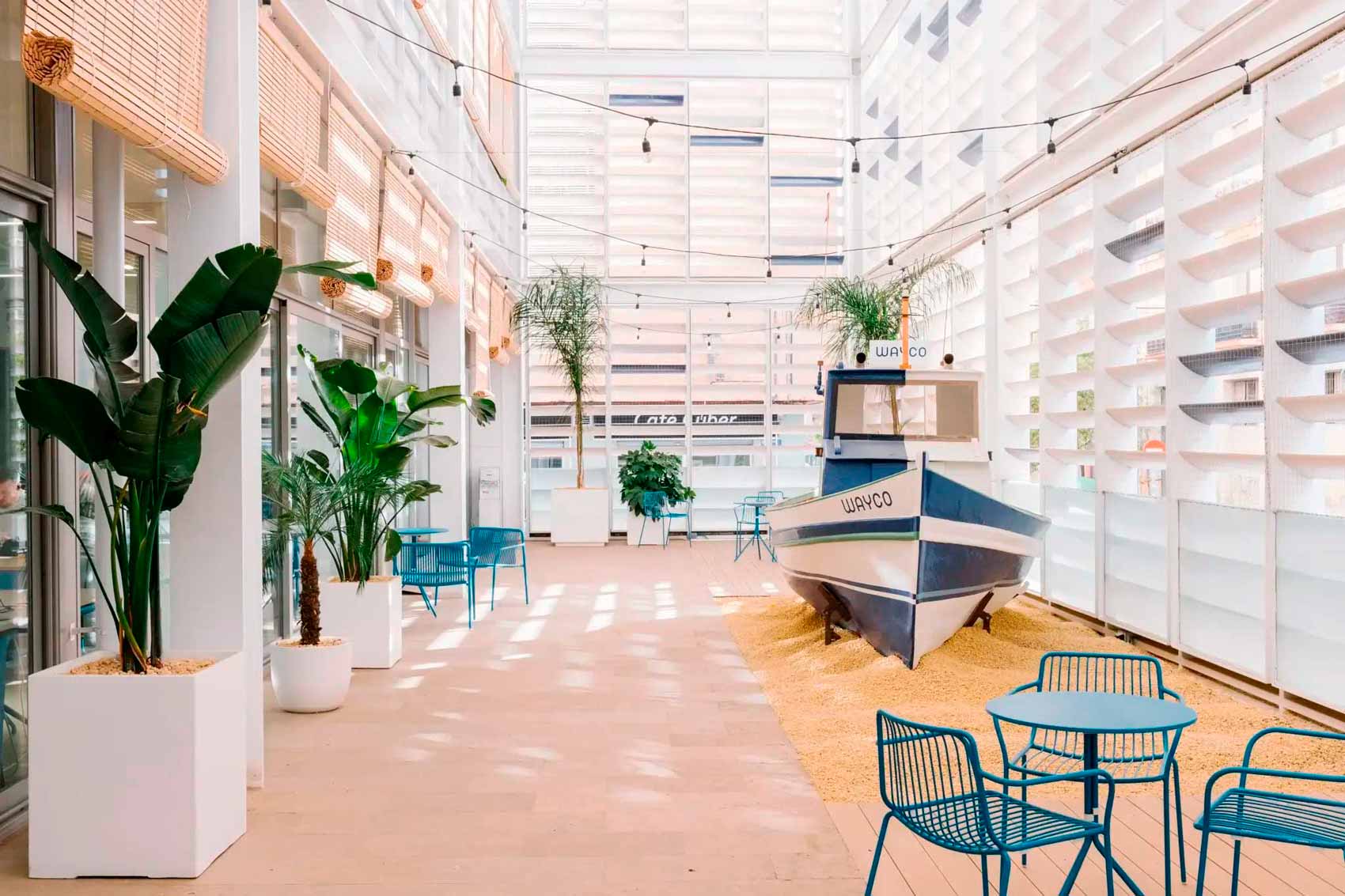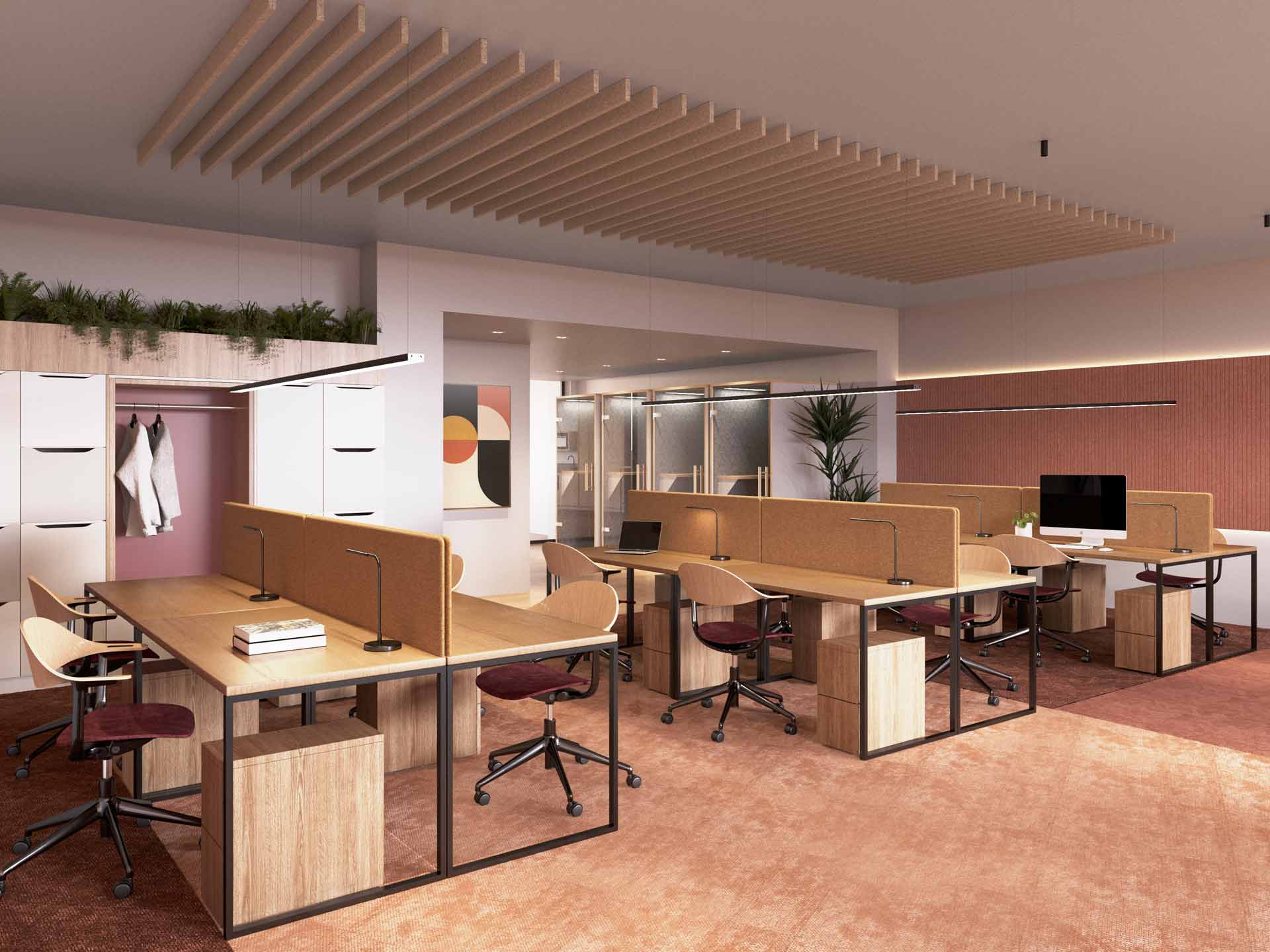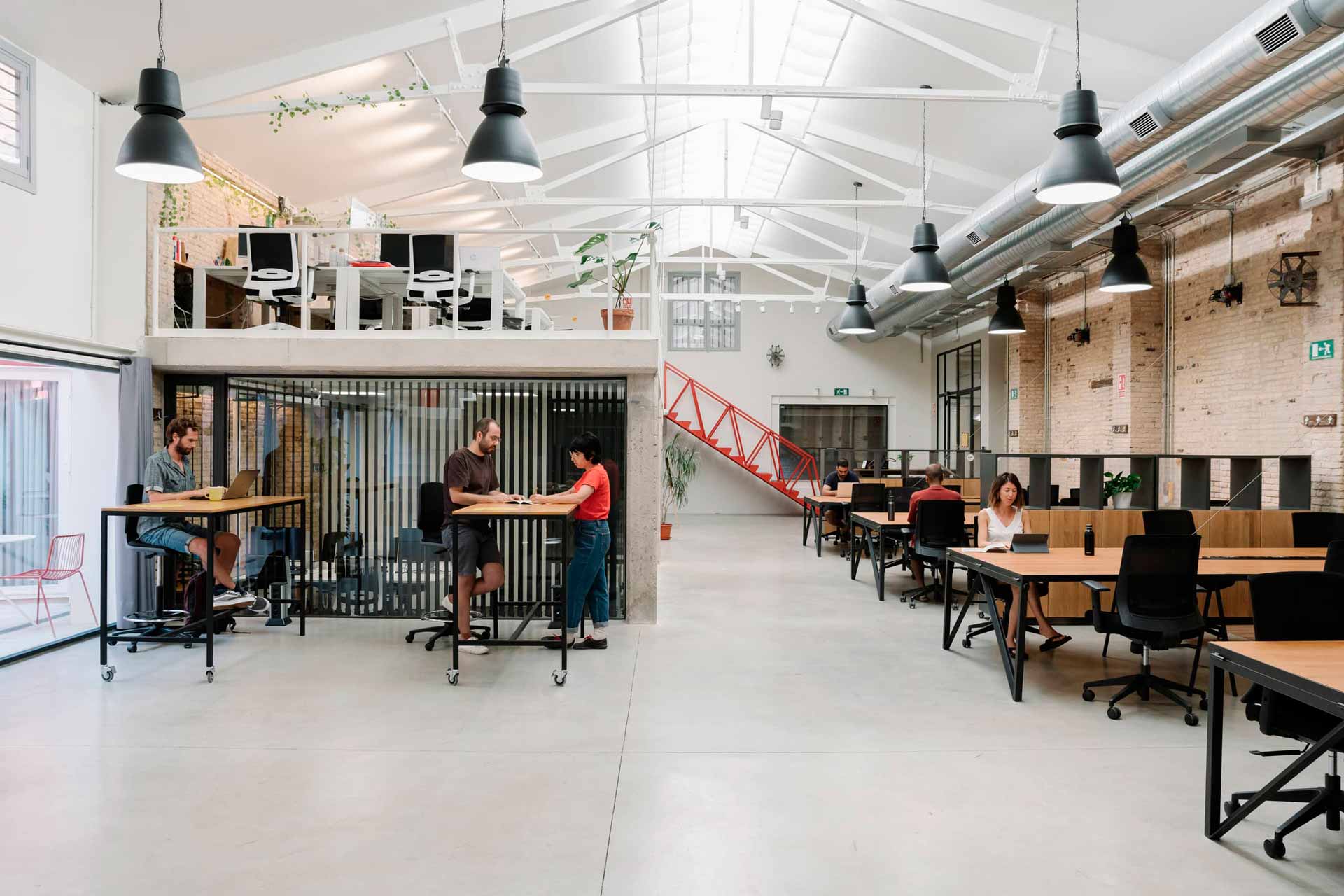What is biohabitability?
It may seem that we are talking about a new concept, but the way to study and apply this discipline, which analyses, measures and evaluates the environmental factors that affect the well-being, comfort and health of people inside a building, has been underway for some time.
Living indoors is a large part of our daily routine. It is therefore essential to consider the ecological, economic and social aspects of the places where we spend most of our time. How biohabitability is transforming coworking spaces, an emerging trend that is making its mark on the real estate sector, was the focus of the debate at the third real estate breakfast organised by Wayco.
This event was attended by leading experts, including Anna Ferrer from CU4 Arquitectura, María Luisa Nolé from the Neuroarchitecture Laboratory of the UPV, Eva Figueroa from Metrovacesa, Guillermo Plaza from Finsa, Borja Fos from Melt Group and Víctor Cambralla, founder of Wayco and 4wanders.
Influence of the architectural environment on workspaces
According to Anna Ferrer, biohabitability is an architectural philosophy that goes beyond the merely visual. It seeks to improve life in all its aspects, considering both the environment and social and economic well-being. This trend highlights the importance of creating environments that are beneficial for people, the planet and the economy. Light, air, building materials, equipment and interior design must be taken care of.
Maria Luisa Nolé highlighted the influence of the architectural environment on people’s health and mood, underlining how certain elements, such as colours and lighting, can positively affect concentration and memory in the workplace. “We have found that cool colours, shades of blue or green, improve people’s concentration and memory in their workspace,” she said.
Sustainability in coworking spaces
From Wayco, Víctor Cambralla highlighted the importance of designing coworking spaces in Valencia that meet high quality standards and promote the health and well-being of those who work in them.
Sustainability was also a central theme at the event, with Eva Figueroa from Metrovacesa explaining how they are implementing tools such as the VERDE Seal and Life Cycle Assessment to measure and improve key aspects of their projects.
Guillermo Plaza from Finsa emphasised the role of wood as a sustainable and beneficial material for people’s wellbeing, while Borja Fos from Melt Group highlighted the growing importance that employees give to workspaces and the sustainability of companies.
In conclusion, the experts highlighted the importance of biohabitability practices being supported by local governments and administrations for their successful implementation in housing, offices and coworking spaces in Valencia.
34431
